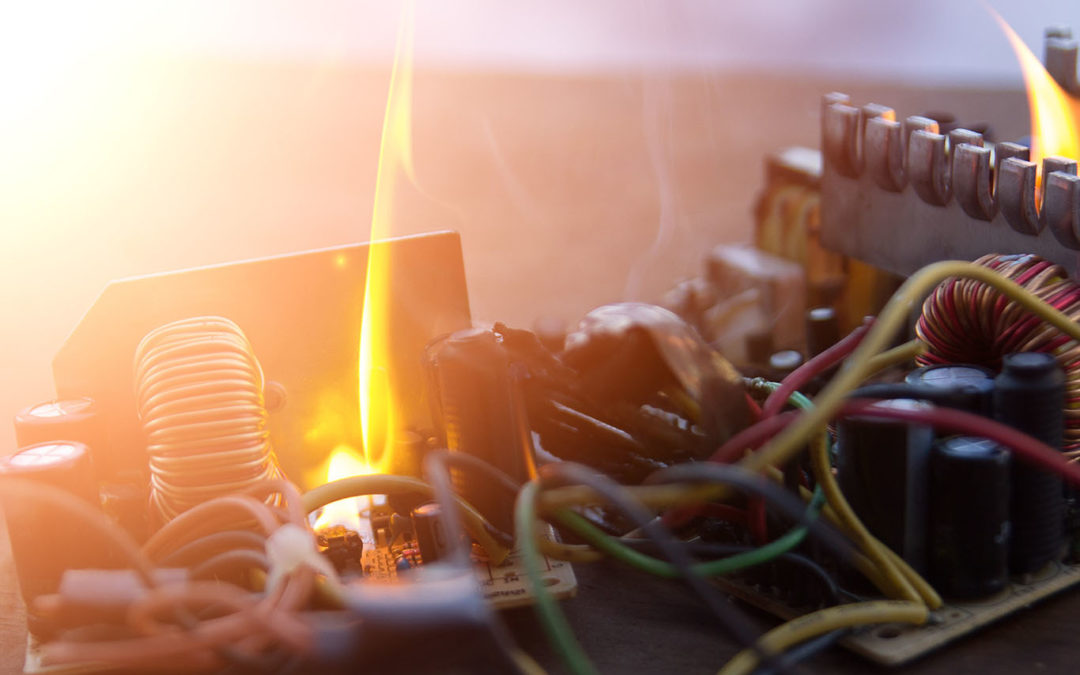Unless there are special circumstances, drug manufacturers are generally subject to the same liability as any other manufacturer. The main exceptions are in cases of emergencies and vaccines.
For example, drug companies did get special liability protection for COVID treatments, testing and vaccines. That protection came in the form of a PREP Act declaration (Amendment to Declaration Under the Public Readiness and Emergency Preparedness Act for Medical Countermeasures Against COVID-19) from former Secretary of Health and Human Services Alex Azar.
According to the declaration, companies were shielded from liability for any “covered countermeasures”, which were listed to include:
- Any antiviral or other drug
- Any biologic
- Any diagnostic
- Any other device
- Any respiratory protective device
- Any vaccine, used to treat, diagnose, cure, prevent or mitigate covid-19 or the transmission of sars-cov-2 or a virus mutating therefrom
- Any device used in the administration of any such product, and all components and constituent materials of any such product
There are a few important caveats within the act:
- This liability protection expires when the emergency declaration is rescinded or on October 1, 2024, whichever comes first
- In order to qualify for the protection devices must meet the standards set by the PREP Act, FD&C Act, Public Health Service Act or receive NIOSH approval
That essentially means if some nefarious manufacturer makes fake or faulty COVID-19 tests that injure people, they likely won’t get liability protection. Only treatments, vaccines or devices that meet regulatory requirements were extended the liability protection.
42 US Code § 300aa–23
Vaccines have actually had extra liability protection for more than 30 years. There’s a long-standing federal statute that states:
No vaccine manufacturer shall be liable in a civil action for damages arising from a vaccine-related injury or death associated with the administration of a vaccine after October 1, 1988, if the injury or death resulted from side effects that were unavoidable even though the vaccine was properly prepared and was accompanied by proper directions and warnings.
However, there is wiggle room in that wording as well as elsewhere in sections of 42 USC §300aa–23 that creates scenarios where a vaccine manufacturer could lose liability protection. If a product liability and medical malpractice lawyer proves a manufacturer failed to exercise due care in the creation of the vaccine, the manufacturer could potentially be targeted by lawsuits. Alternatively, the personal injury lawyer can work with experts to prove there was something wrong with the directions or warnings from the manufacturer.
So, the answer is basically yes – there have been codified protections for vaccine companies for decades. However, they can still potentially be held liable if they release a tainted or defective batch or fail to provide adequate warnings and directions, just like with any other product.
National Vaccine Injury Compensation Program (VICP)
The U.S. Department of Health and Human Services operates the National Vaccine Injury Compensation Program (VICP) as an alternative to traditional product liability personal injury cases for vaccine injuries. Allergic reactions to vaccines are one of the most common scenarios where a patient may not be able to hold the vaccine manufacturer liable but still require some kind of compensation to pay for medical costs.
If a patient does have a negative reaction to a vaccine, they can petition the VICP for a settlement. Those injured patients will take their case through a “Vaccine Court”. You can still contact a personal injury, medical malpractice or product liability attorney to get help with a Vaccine Court case.
Countermeasures Injury Compensation Program (CICP)
The CICP, which is similar to the VICP, was created by the PREP Act to fulfill a similar role. Any injuries caused by diagnostics, treatments or vaccines covered by a PREP Act declaration must go through the CICP. However, reporting from the Associated Press seems to indicate VICP is more likely to make payouts than CICP. The VICP, which has been around since 1988, has paid out $4.4 billion. The CICP, which began handling claims in 2005, has only paid out $6 million in claim settlements.
The Vaccine Court has paid settlements to seven out of 10 petitioners since its founding. According to the Associated Press, CICP only paid the claims of 29 out of 499 petitioners with claims related to the H1N1 Sine Flu vaccine.
The higher rate of claim rejection may also be due in part to the CICP’s one-year filing deadline. The VICP has a three-year filing deadline based on first symptoms of vaccine injury or two years from vaccine-related deaths.
Another difference between the two programs is funding. The Vaccine Court and its claim payments are funded by a $0.75 tax on every vaccinated illness. For example, a vaccine for one illness pays $0.75 while a vaccine that immunizes the patient from three illnesses would be taxed $2.25. The CICP relies on budget allocations from the U.S. Congress.
Were You Sickened by a Vaccine Shot in Houston?
There are cases where people have bad reactions to vaccines or other medications, even when there’s nothing technically wrong with the medication. In some of these cases it may be hard to bring a product liability or medical malpractice case – but every scenario is different.
If you believe you or a loved one were made seriously ill by a vaccine or medication, you may want to speak with a Houston attorney experienced in medical malpractice or product liability law. The Weycer Law Firm also represents Houston residents injured in drunk driving accidents, slip and falls, medical malpractice cases and much more.
The Weycer Law Firm would be happy to listen to your case and provide a free, no-obligation evaluation. Give us a call at (713) 668-4545.

